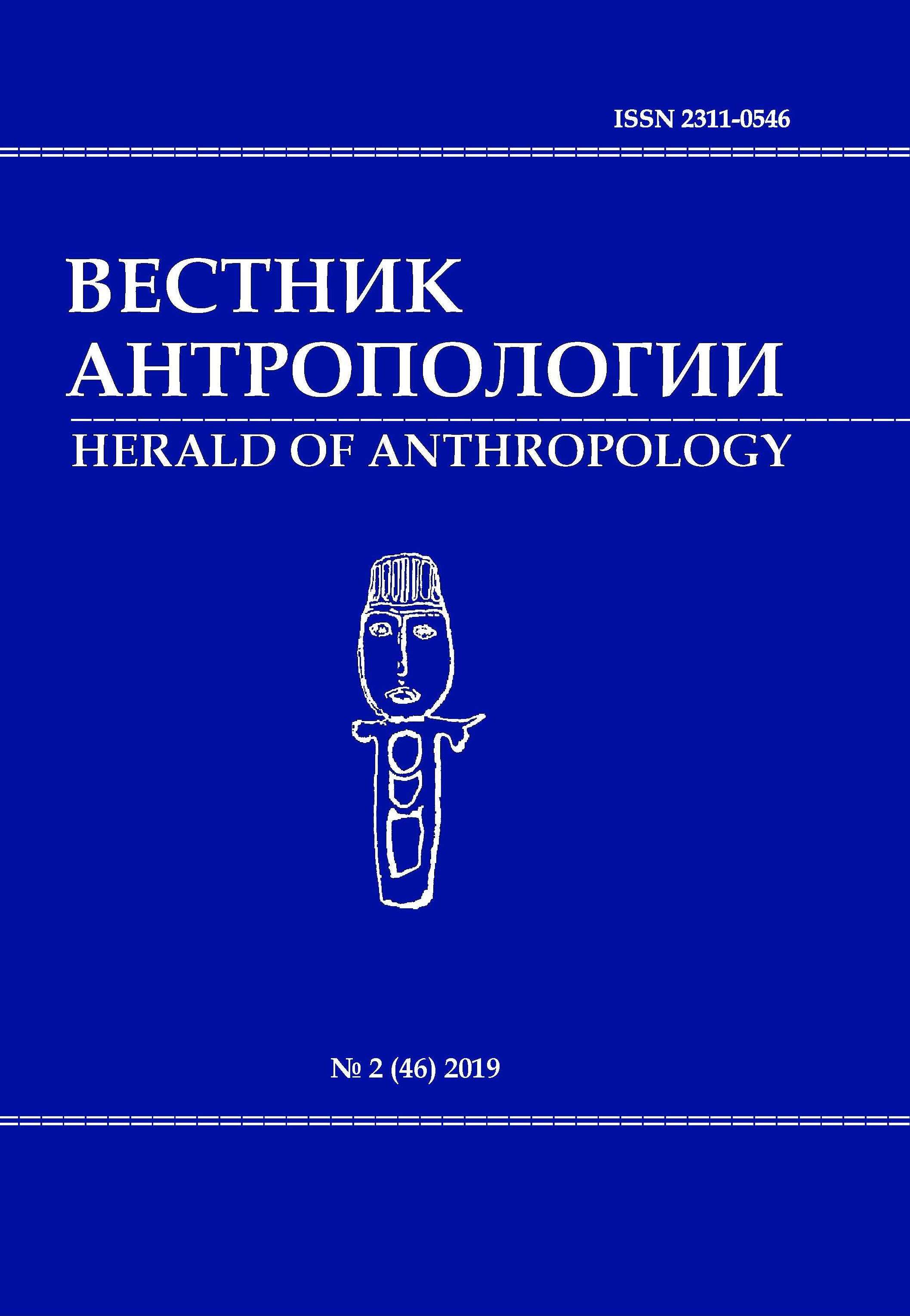Технологии адаптации детей из семей иноэтничных мигрантов в школе
Doi: 10.33876/2311-0546/2019-46-2/196-207
Ключевые слова:
иноэтничные мигранты, интеграция мигрантов, языковая и социокультурная адаптация, дети из семей мигрантов, межэтнические отношения, политика в сфере образованияАннотация
В связи с интенсификацией миграционных процессов в современном мире и вовлеченностью в них Российской Федерации все более актуальной становится проблематика адаптации и интеграции иноэтничных мигрантов в российское общество. В мире около 36 миллионов детей школьного возраста растут в семьях международных мигрантов, и их число продолжает увеличиваться. Образование этих детей – важный долгосрочный стратегический приоритет и инвестиция в будущее всего мира.
В Российской Федерации проблема адаптации детей из семей иноэтничных мигрантов также становится все более актуальной, особенно в сфере образования. Для приобщения иноэтничных и иноязычных детей-мигрантов к российскому историко-культурному наследию, изучения ими русского языка и освоения норм взаимодействия в российском обществе оптимально использовать ресурс системы образования. В статье, на основе российского и зарубежного опыта, описываются некоторые технологии языковой и социокультурной адаптации детей из семей мигрантов. Анализируется возможность использования мирового опыта и практик, разработанных в регионах РФ.






















